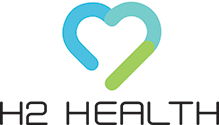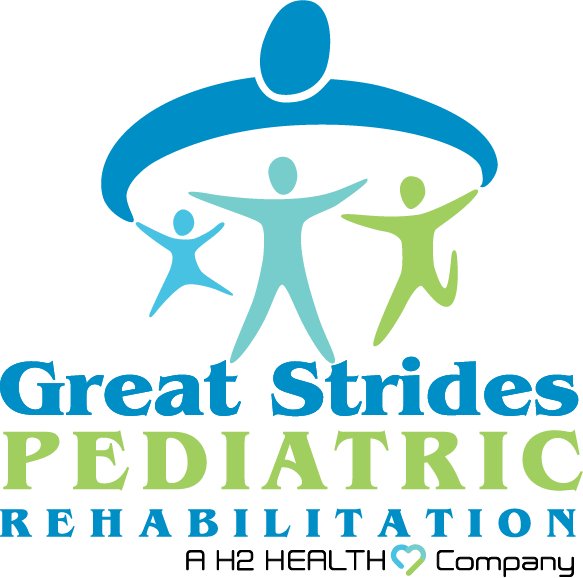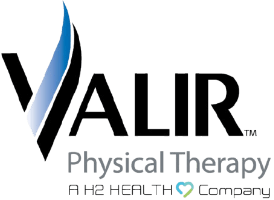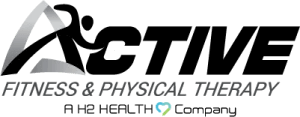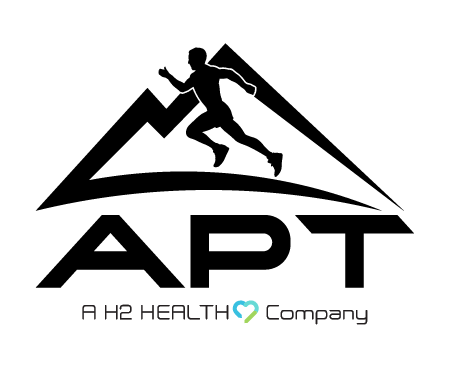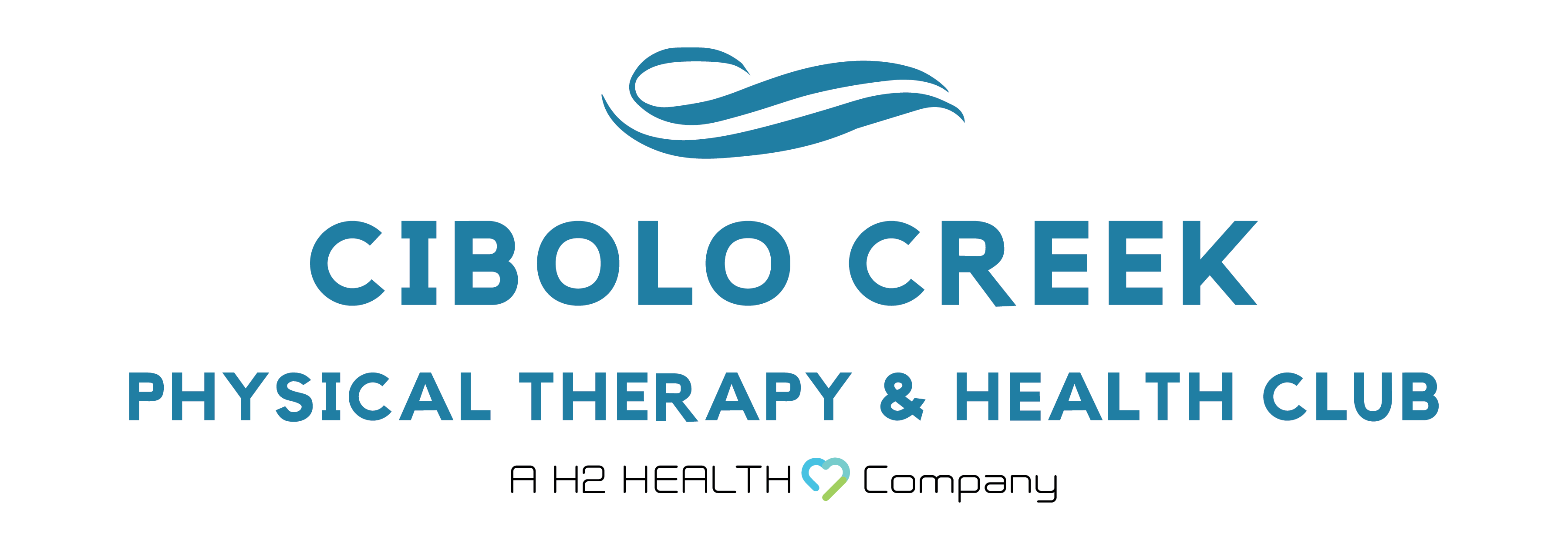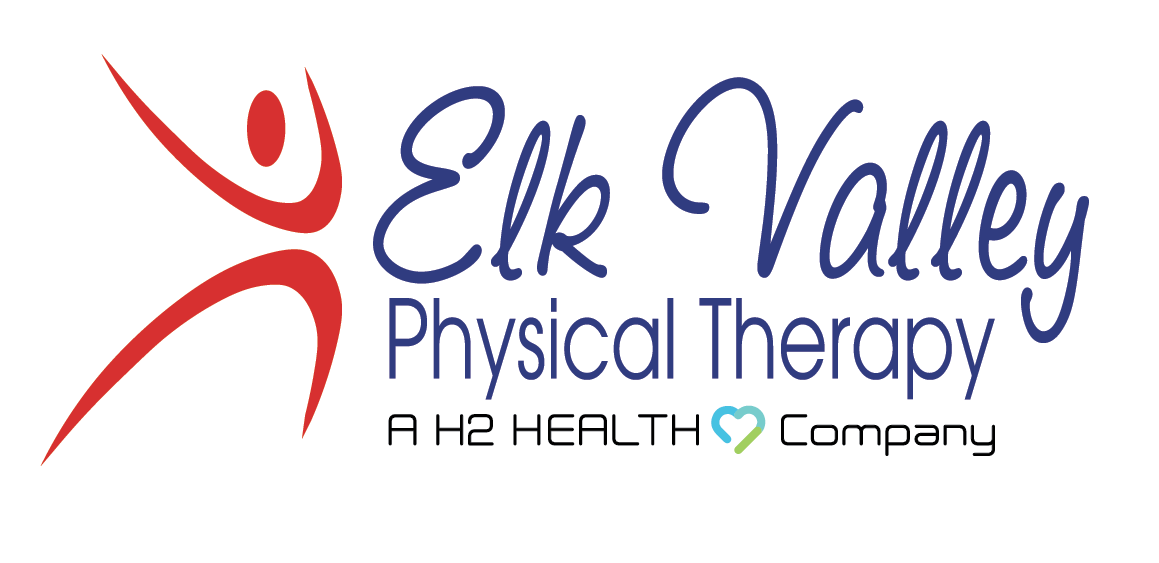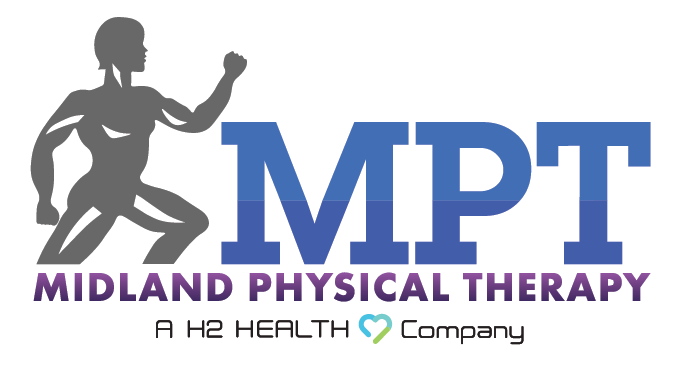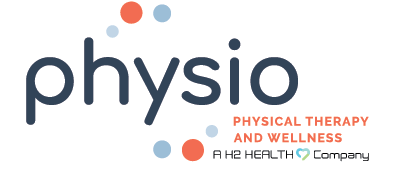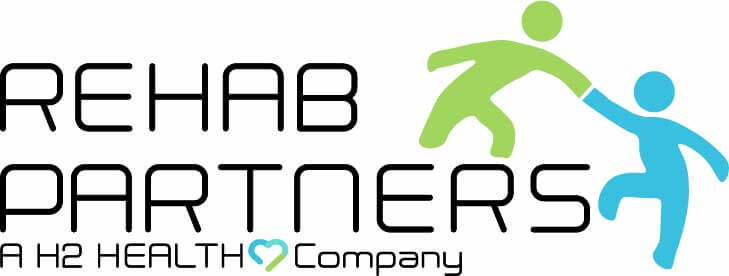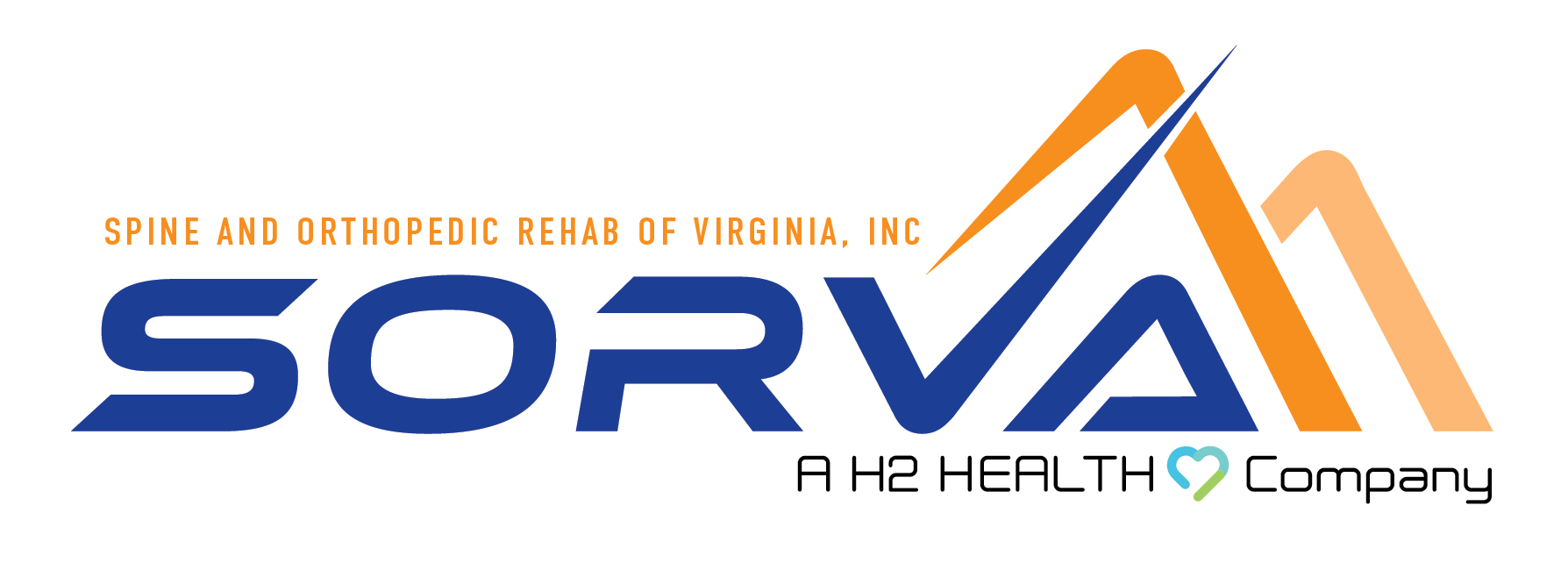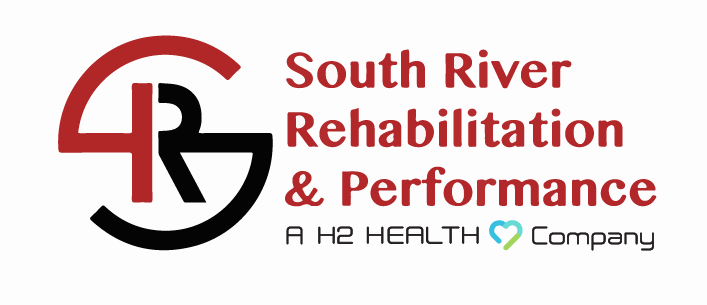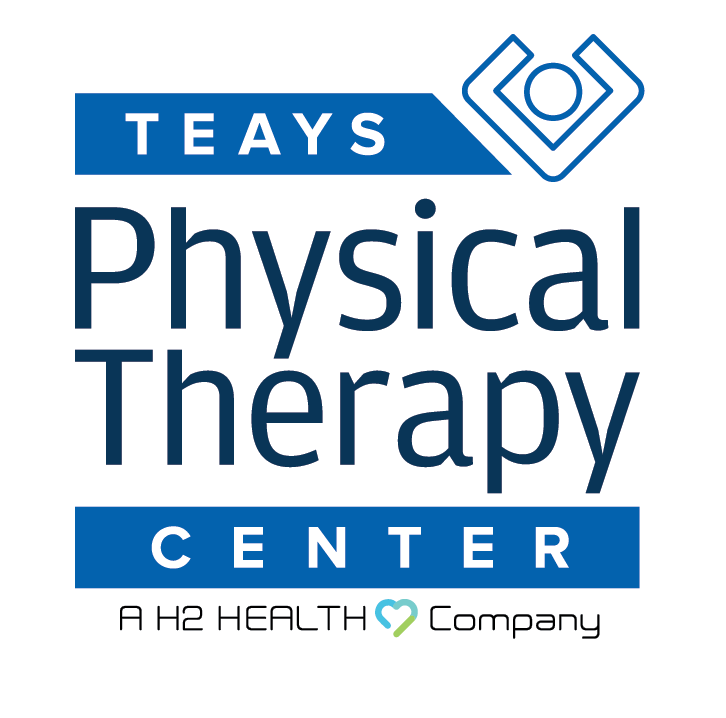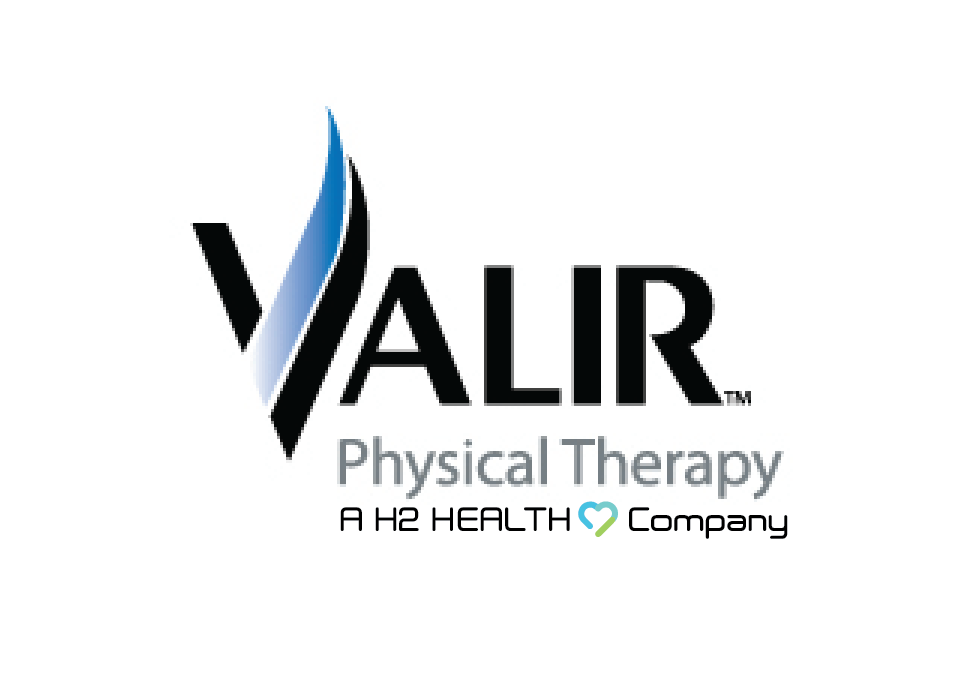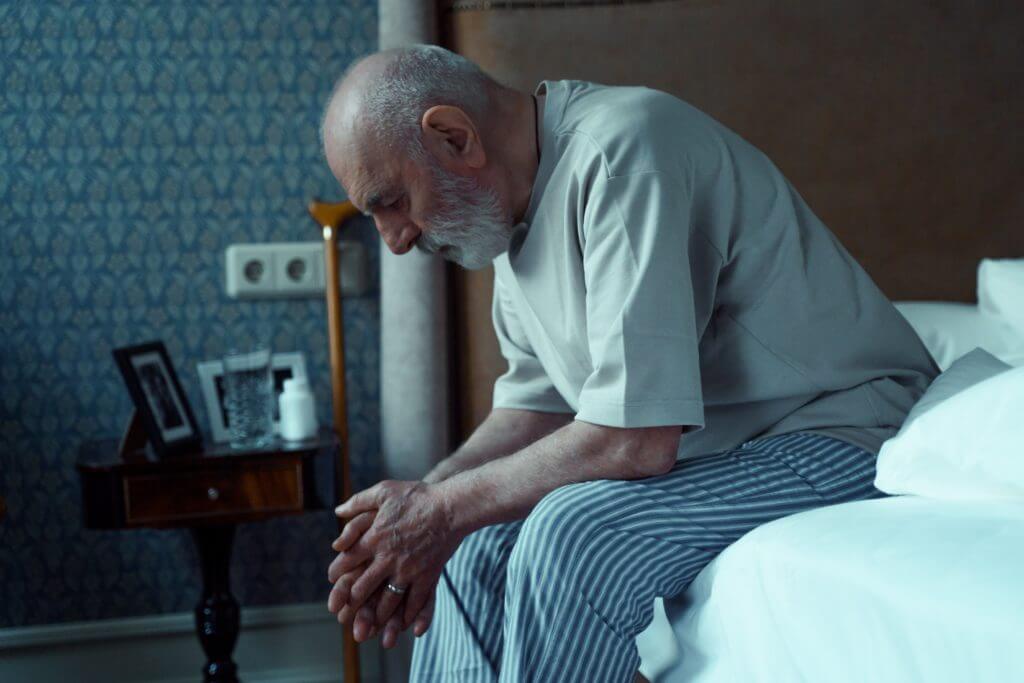
Know the signs and triggers of Sundowner’s Syndrome.
Sundowning isn’t a disease. It’s a group of symptoms that occur at a specific time of the day. These symptoms may affect people with Alzheimer’s disease and other types of dementia. The exact cause of this behavior is unknown.
The term “sundowning” refers to a state of confusion occurring in the late afternoon and lasting into the night, typically occurring between the hours of 4:30 p.m. to 11 p.m. Sundowning may be worse during the fall and winter months when the daylight hours are shorter. As a caregiver, some signs to look out for include:
• Fatigue.
• Unmet needs.
• Pain or discomfort.
• Agitation, anger or irritability.
• Confusion, delusions, or hallucinations.
• High levels of anxiety.
• Pacing or wandering.
The duration of these symptoms can stop abruptly, change and fade over time, which can be very difficult for caregivers to manage. Factors to avoid that may aggravate late-day confusion include…
• Fatigue.
• Spending a day in an unfamiliar place.
• Low lighting.
• Increased shadows.
• Disruption of the body’s “internal clock”.
• Being hungry or thirsty.
• Presence of an infection such as a urinary tract infection.
• Boredom.
• Depression.
Help Prevent Triggers and Symptoms.
Sundowning syndrome is not a simple condition, but it is a common occurrence that many loved ones and caregivers struggle with. While you may not be able to stop sundowner’s syndrome completely, you can help prevent sundowning and reduce symptoms with these tips.
1. Look for triggers
Certain activities and environments can trigger one’s sundowning such as fatigue, loud noises, discomfort, taxing activities or changes in environment or caregivers. Document what triggers worsen symptoms so you can avoid situations that promote agitation and confusion.
2. Create structure in the day
Daily routines can help residents feel safe by minimizing surprises and reducing anxiety and confusion. Offer structured meaningful activities earlier in the day, including physical exercise
and movement.
3. Get outdoors
Take residents for a walk and get some sunlight and fresh air. Sunlight can help set their internal body clock as well as help reduce pent up energy.
4. Support good rest
Fatigue and lack of sleep can worsen symptoms. Alternate activity with brief periods of rest and ensure residents get a good night’s sleep. When resting, try and avoid letting residents nap. This disrupts their sleep patterns and may cause restlessness at night.
5. Limit stimulation in late afternoon and early evening
Lower lights and close curtains or blinds to minimize noise and reduce clutter as it gets closer to 4:00pm. Use soothing scents like lavender and soothing touch when appropriate.
6. Be gentle
Approach the person calmly using a peaceful tone of voice. Validate their feelings and distract them with soothing music or relaxing activities.
7. Watch your own behavior
As a caregiver, you may be tired, frustrated or short-fused, which can trigger behavioral responses in the person with memory loss.
Other simple changes to the resident’s routine that can help include…
• Limiting caffeine and sugar to morning hours.
• Using night lights in dark spaces.
• Cutting off TV viewing after 4:00pm.
• Surrounding residents with familiar items.
Some research suggests that a low dose of melatonin — a naturally occurring hormone that induces sleepiness — alone or in combination with exposure to bright light during the day may help ease sundowning. This is something that should be discussed with family and physicians familiar with their medical history and currently providing medical oversight.
It’s possible that a medication side effect, pain, depression or other medical condition could be contributing to sundowning. Talk with the resident’s family and health care provider if you suspect that an underlying condition, such as a urinary tract infection or sleep apnea, might be worsening sundowning behavior, especially if sundowning develops quickly.
H2 Health helps people with dementia live life to the fullest through specialized physical, occupational, and speech therapy services in their home. To learn more, call (904) 618-3778 or email seniorservicesfl@h2health.com.
